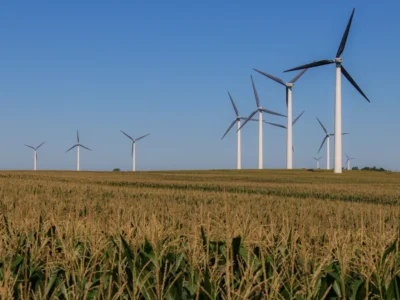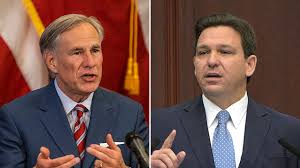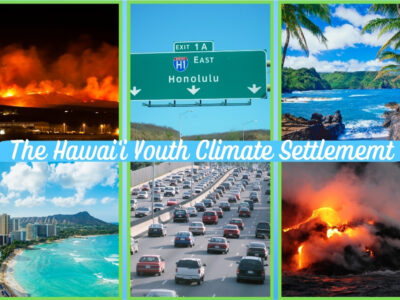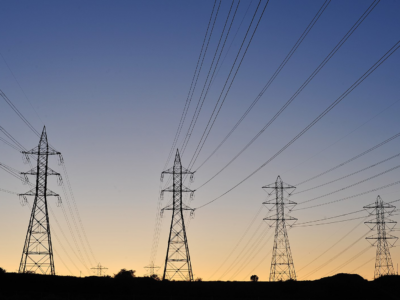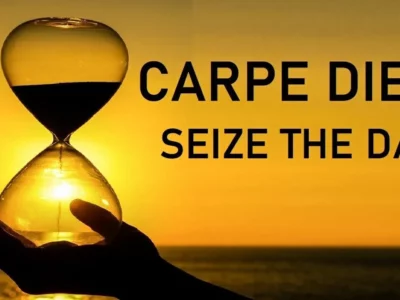States
New Report: Charging and Financing Electric Trucks
CLEE/UCLA Law report & webinar offers solutions to meet California’s zero-emission trucks goal
California has groundbreaking goals to require automakers to sell, and large fleets to purchase, zero-emission trucks and buses in increasing percentages, starting this year. But these goals will only be achievable if the state has sufficient charging infrastructure to fuel the vehicles, along with available financing to help truck owners purchase or lease them. To …
Continue reading “New Report: Charging and Financing Electric Trucks”
CONTINUE READINGClimate Policy, Minnesota-Style
Tim Walz’s selection as a VP candidate has put the state’s policies in the limelight.
Although Minnesota isn’t considered a swing state, it’s not Deep Blue either. Biden got 52% of the vote in 2020. Control of the legislature has been contested, with Democrats having a narrow margin in both Houses recently. The state adopted a forward-looking climate policy in 2007, but by 2015 progress had stalled. Given this background, …
Continue reading “Climate Policy, Minnesota-Style”
CONTINUE READINGWhat Would Climate Policy Look Like Under One-Party Conservative Rule?
You only need to look at Texas or Florida for the answer: a complete erasure of climate action.
This is not to say that unified control of the federal government by the hard right would entirely halt the progress of clean energy. Just that, if Florida and Texas are any guides, they would do their best to make that happen and to maximize use of what Trump has called the liquid gold under our feet.
CONTINUE READINGThe Supreme Court & Interstate Pollution
It was puzzling that the Court agreed to hear the case. How has it ruled? And why?
Months ago, the Supreme Court agreed to hear an “emergency” request to stay EPA’s new rule regulating interstate air pollution. Like most observers, I was puzzled that the Court was bothering with the case before the D.C. Circuit even had a chance to consider the merits of the challenges. Months later, the Court has finally …
Continue reading “The Supreme Court & Interstate Pollution”
CONTINUE READINGThe Hawai’i Youth Climate Settlement
Thirteen youth plaintiffs secured a court-enforced agreement to decarbonize the state’s transportation system without even setting foot in a courtroom.
At the precise time on Monday, June 24 when 13 young Hawaiians were set to file into a Honolulu court for the start of trial, they instead gathered at the historic Iolani Palace to celebrate with their legal teams and supporters. Their case, Navahine v. Hawaiʻi Department of Transportation, was the latest youth climate lawsuit …
Continue reading “The Hawai’i Youth Climate Settlement”
CONTINUE READINGThe Hawai’i Youth Climate Trial
Thirteen youth plaintiffs say the Aloha State is failing to live up to its ambitious climate goals. Here’s what to watch for as Navahine v. Hawaiʻi Department of Transportation goes to trial this month.
Last summer, many Americans were glued to the events unfolding in Maui as a raging inferno overtook the town of Lahaina, trapping thousands and killing at least 99 people. This summer, we’ll see 13 youth plaintiffs in Hawaiʻi take the state’s Department of Transportation to court for allegedly failing to implement climate policies meant to …
Continue reading “The Hawai’i Youth Climate Trial”
CONTINUE READINGBig Oil Runs to the Supreme Court
Oil and gas companies want the justices to take up Honolulu’s climate liability case because this type of litigation is starting to gain strength.
The oil industry and its allies are attempting a full-court press to convince the Supreme Court justices they should shield them from climate liability lawsuits brought by cities and states throughout the U.S—and that they should do so now, before they face any court trials over climate-related damages. This unusual full-court press comes in the …
Continue reading “Big Oil Runs to the Supreme Court”
CONTINUE READINGFlorida Governor DeSantis’ Head-In-The-Sand Climate Change Policies
New Florida Law Strikes Term “Climate Change” From State Laws, Promotes Fossil Fuels & Rejects Renewable Energy Projects
Florida Governor Ron DeSantis, in coordination with an equally myopic and partisan Florida Legislature, has approved new state legislation (HB 1645) that eliminates the term “climate change” from numerous existing Florida statutes that former Republican Governor Charlie Crist signed into law in 2008. The legislation, which takes effect on July 1st, is not just symbolic: …
Continue reading “Florida Governor DeSantis’ Head-In-The-Sand Climate Change Policies”
CONTINUE READINGWestern States Should Opt In to Regionalized Electricity Markets
Guest contributor Kelly Cook writes that regionalization efforts present a low risk that federal control will threaten state authority.
In the West, the benefits of electricity market regionalization appear more attractive than ever. “Regionalization” refers to efforts to expand coordination between Western states to buy and sell wholesale electricity through centralized federal power markets. Increased coordination, made possible through regional transmission organizations (RTOs – independent non-profit organizations that operate the grid and oversee the …
Continue reading “Western States Should Opt In to Regionalized Electricity Markets”
CONTINUE READINGClimate Policy and the Audacity of Hope
The barriers are still huge — but we can also envision a path to success.
We should resist the allure of easy optimism about climate change, given the scale of the challenges. Neither should we wallow in despair. There’s a good basis for hope. Let’s seize the day!
CONTINUE READING




